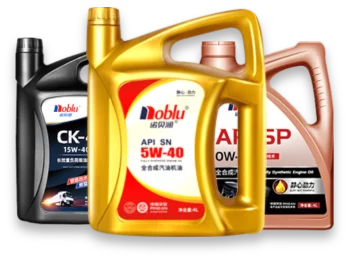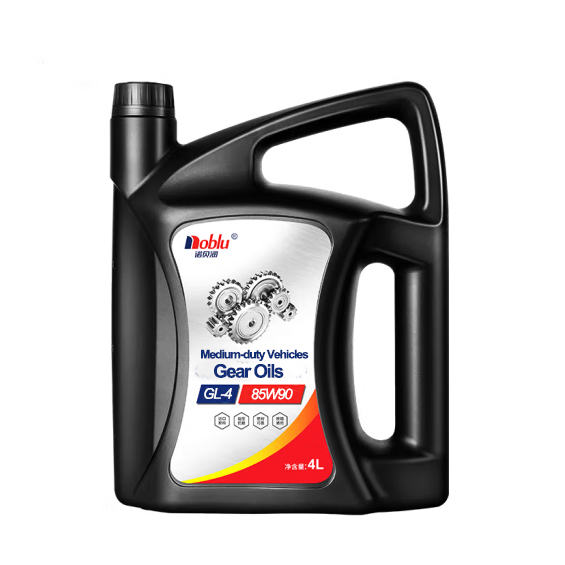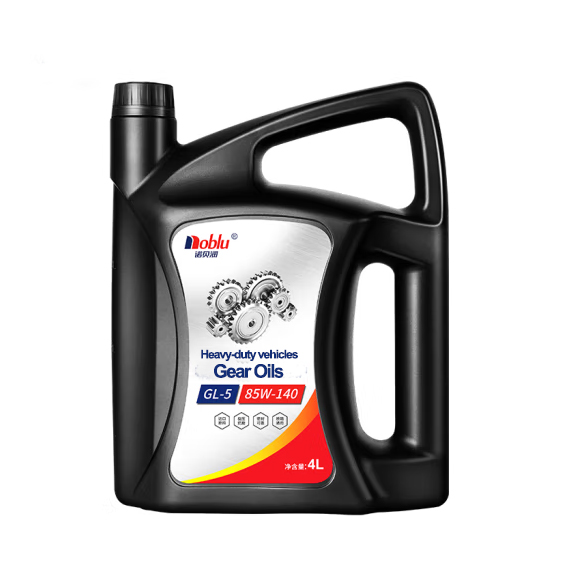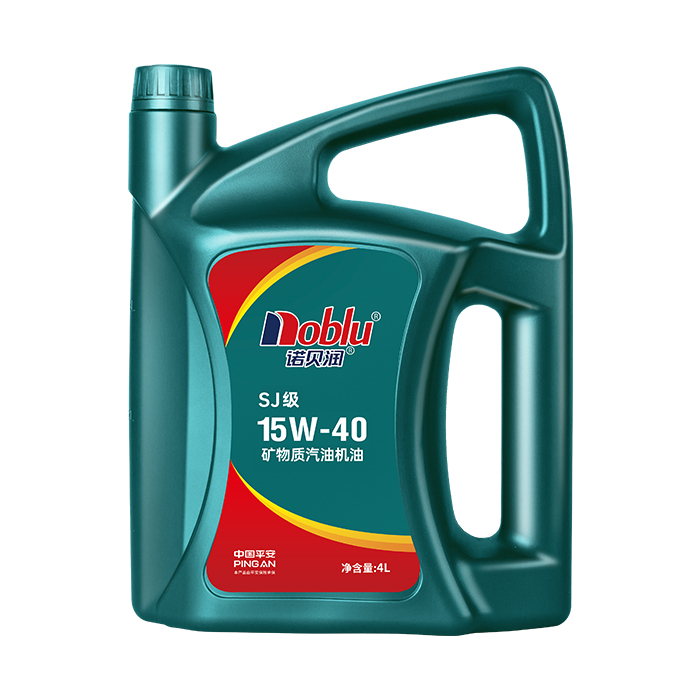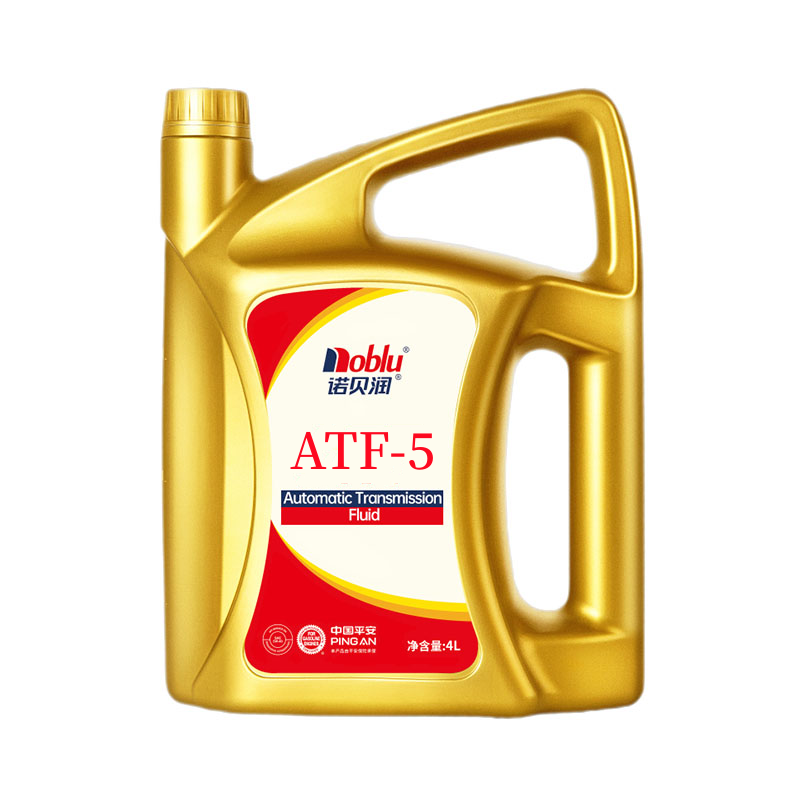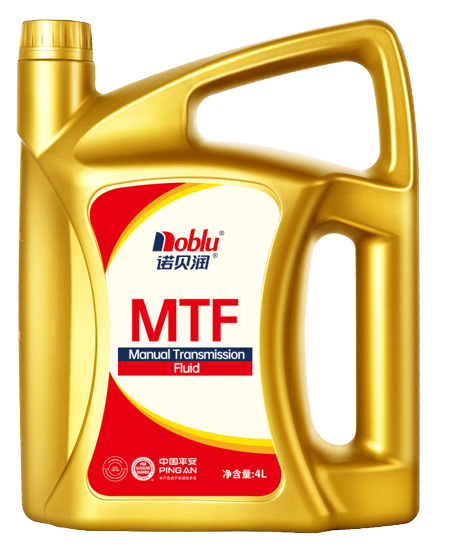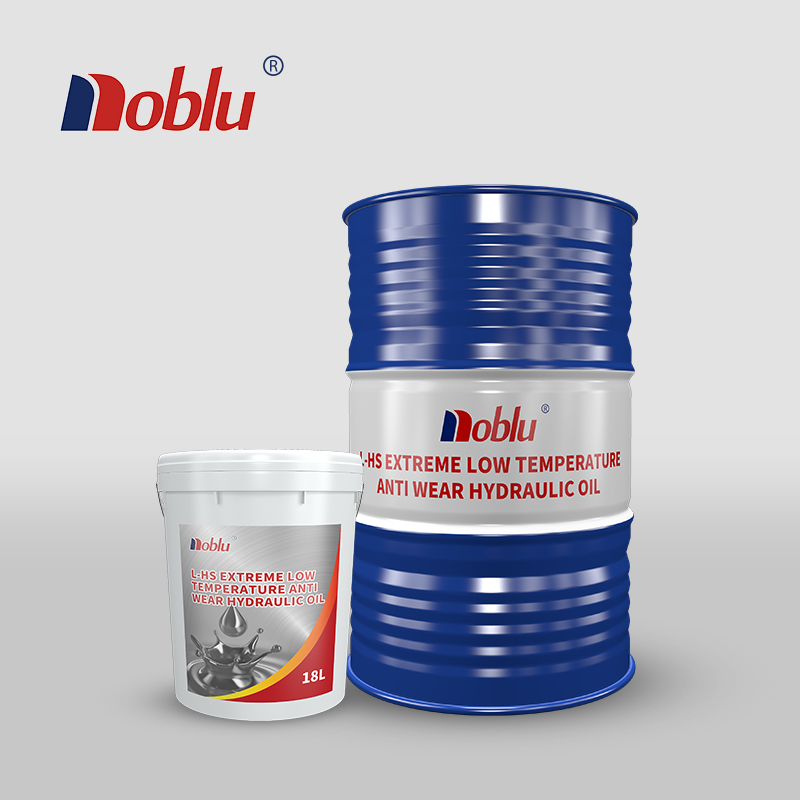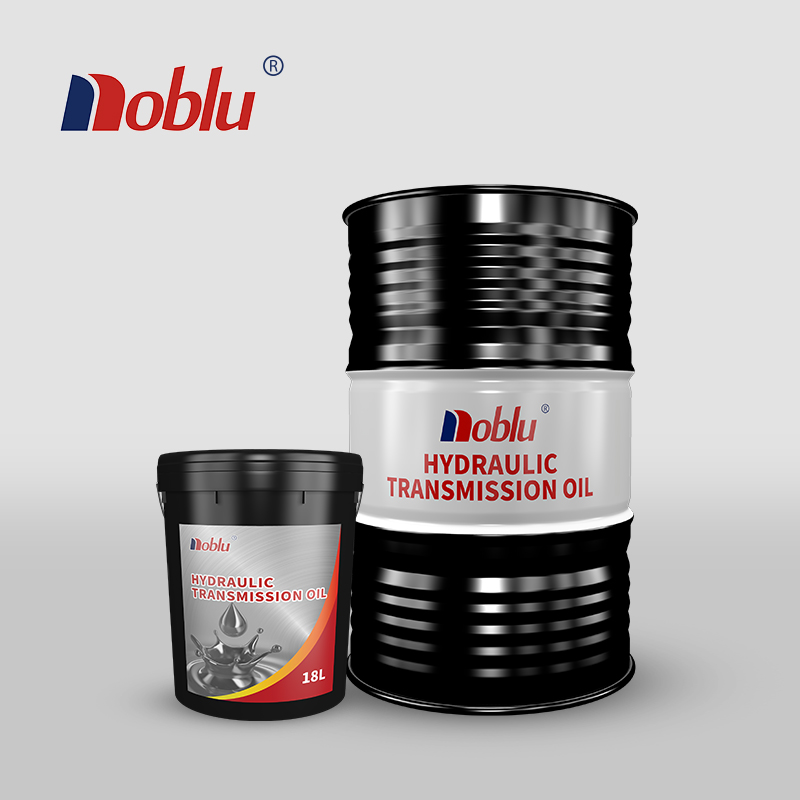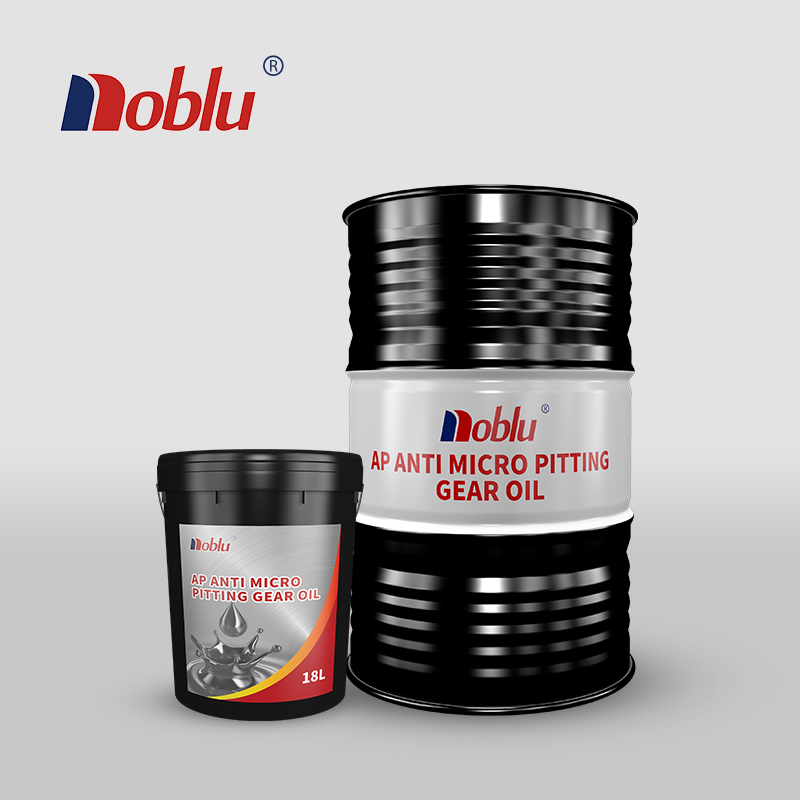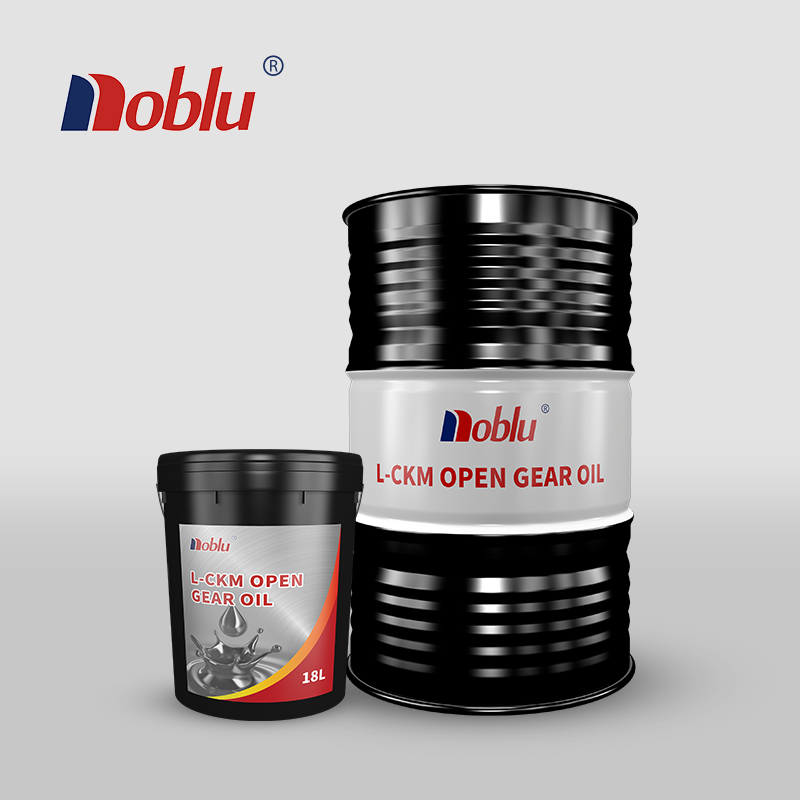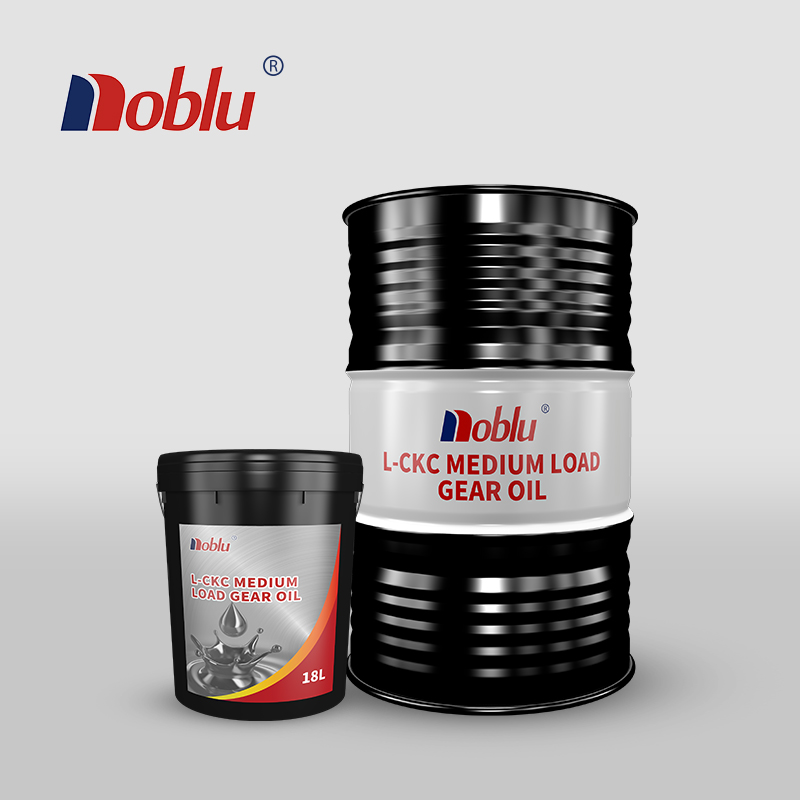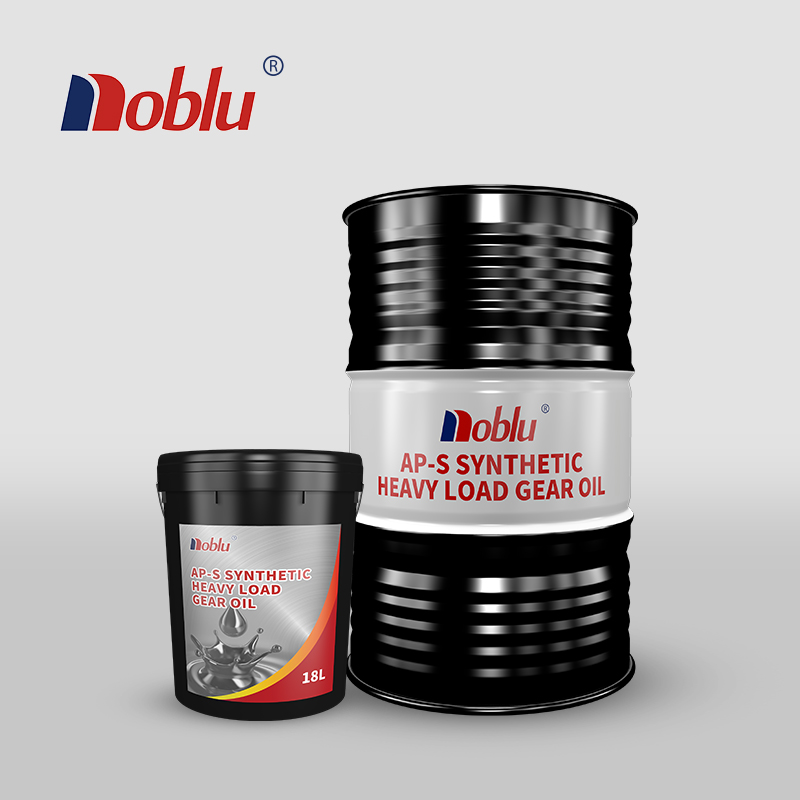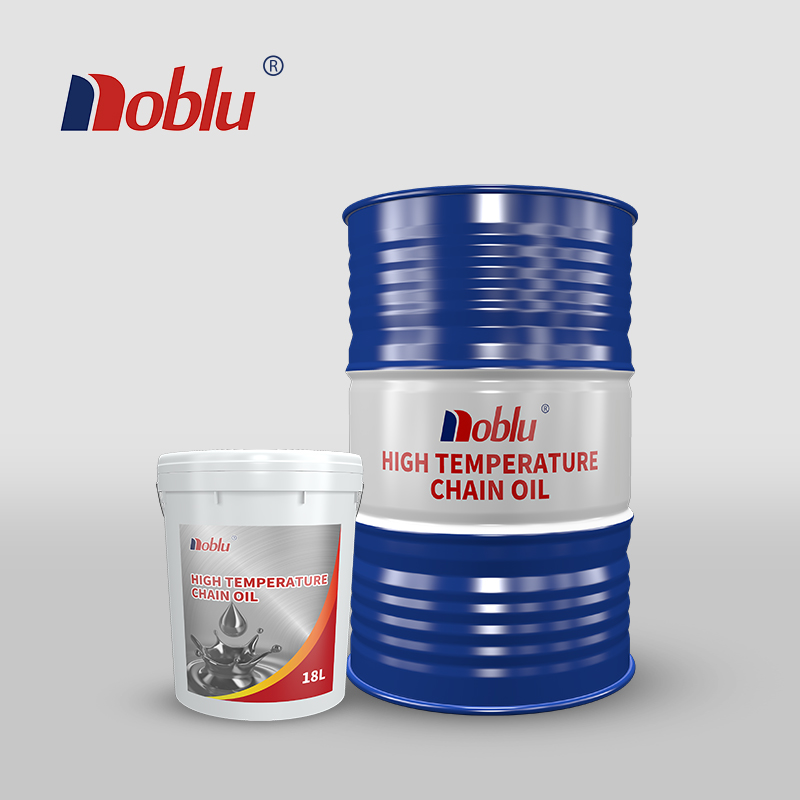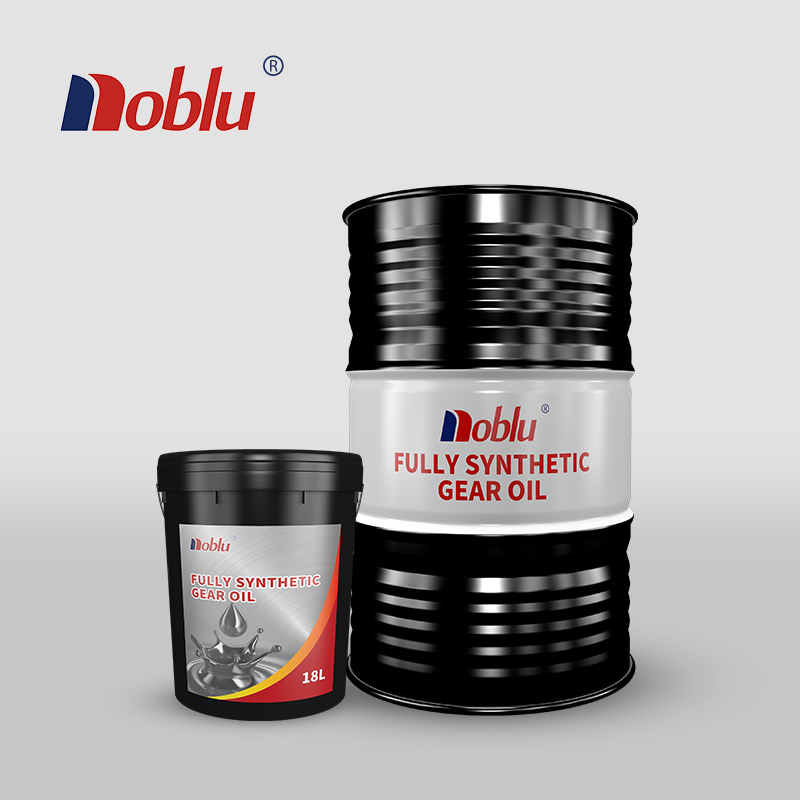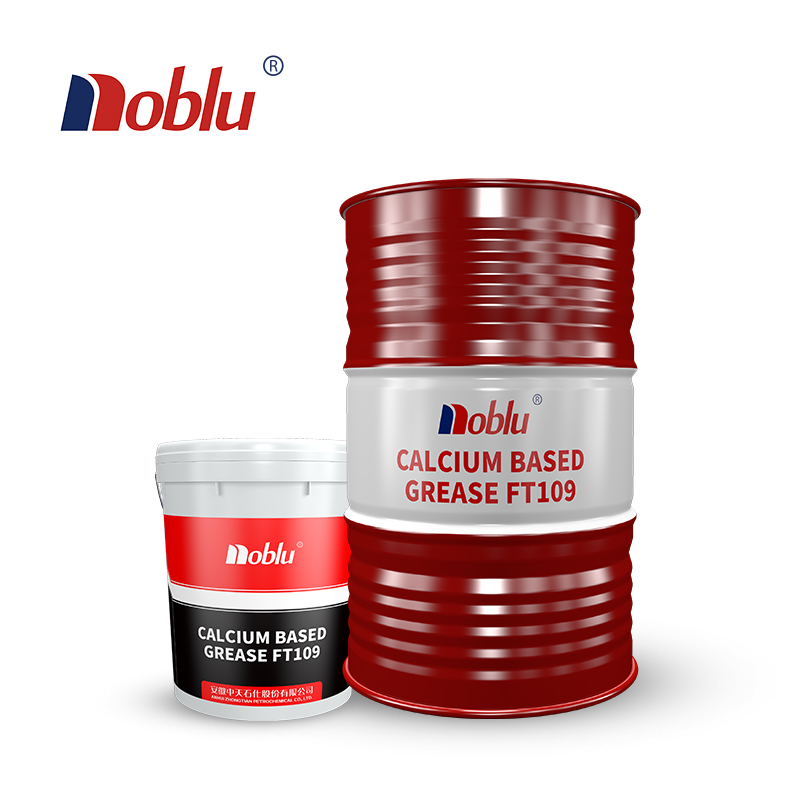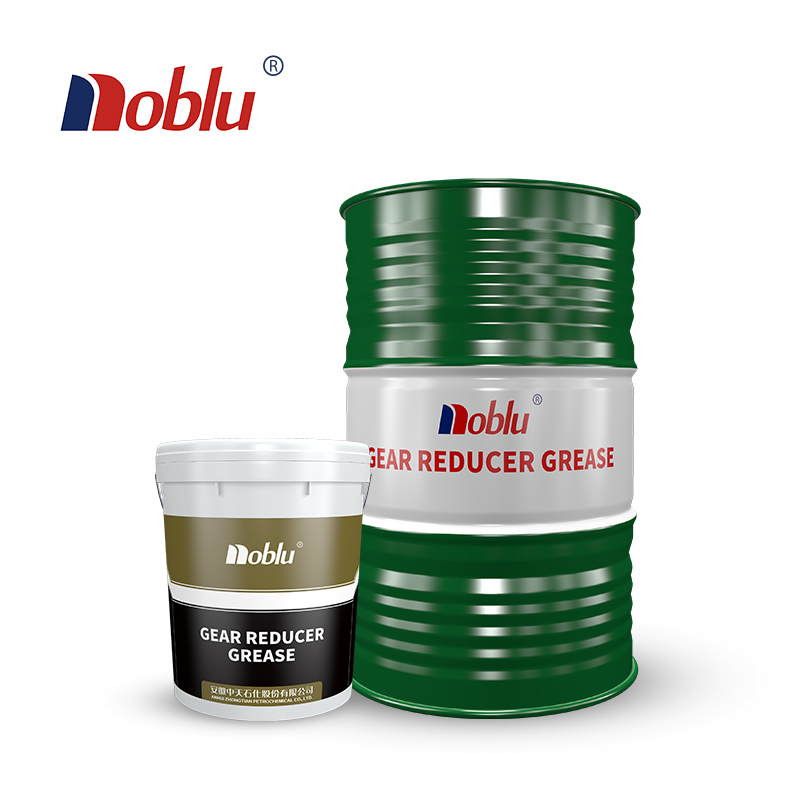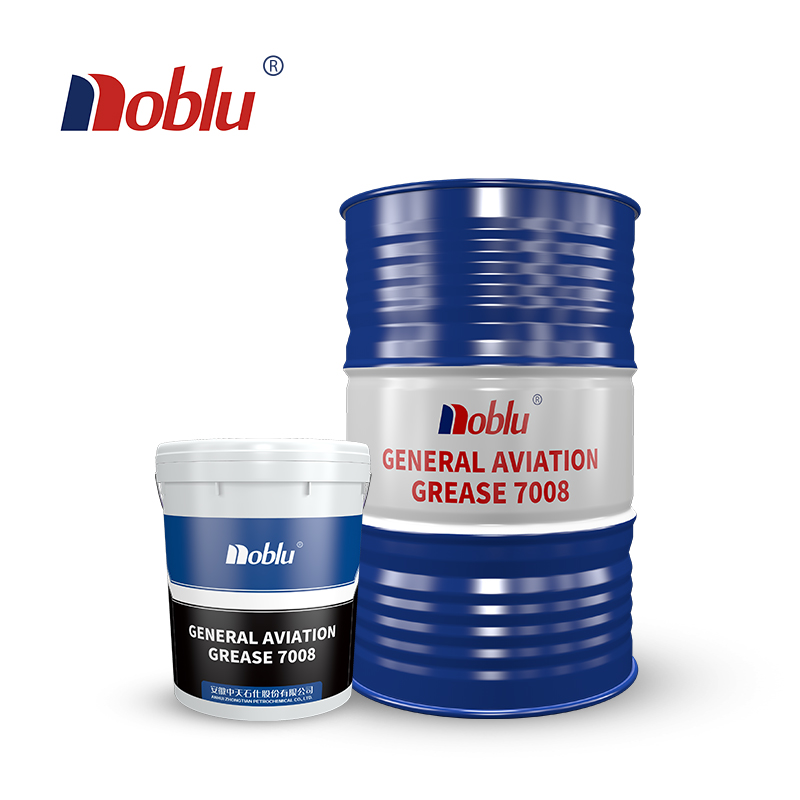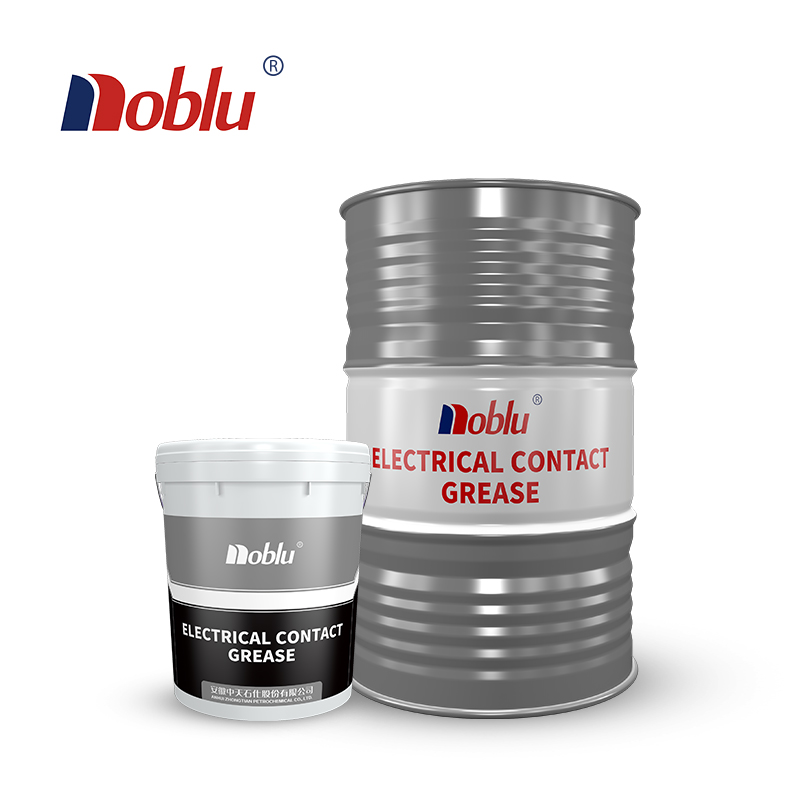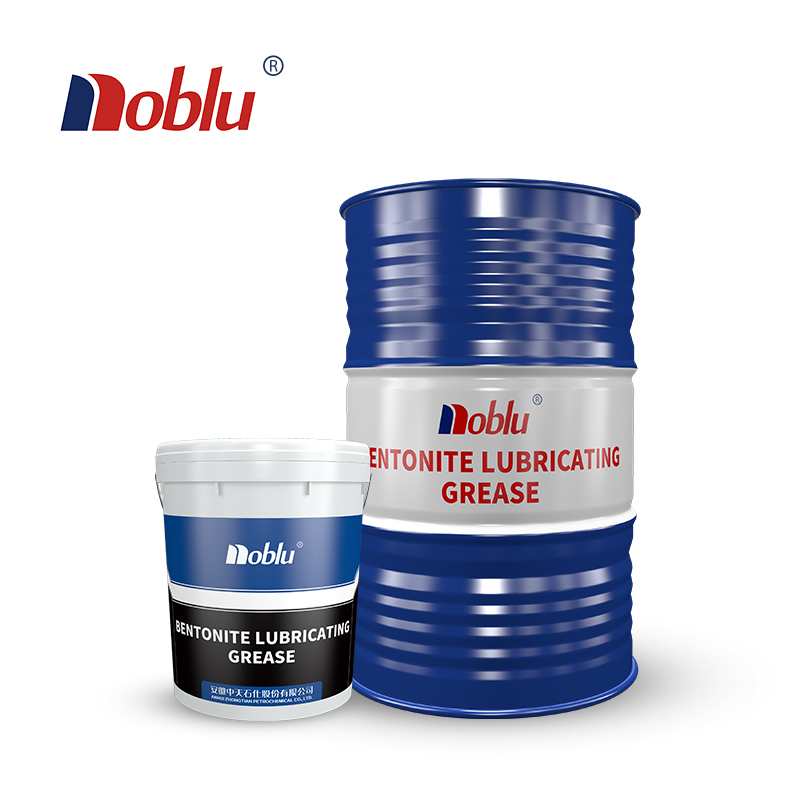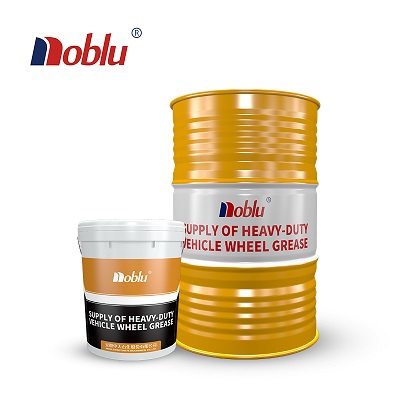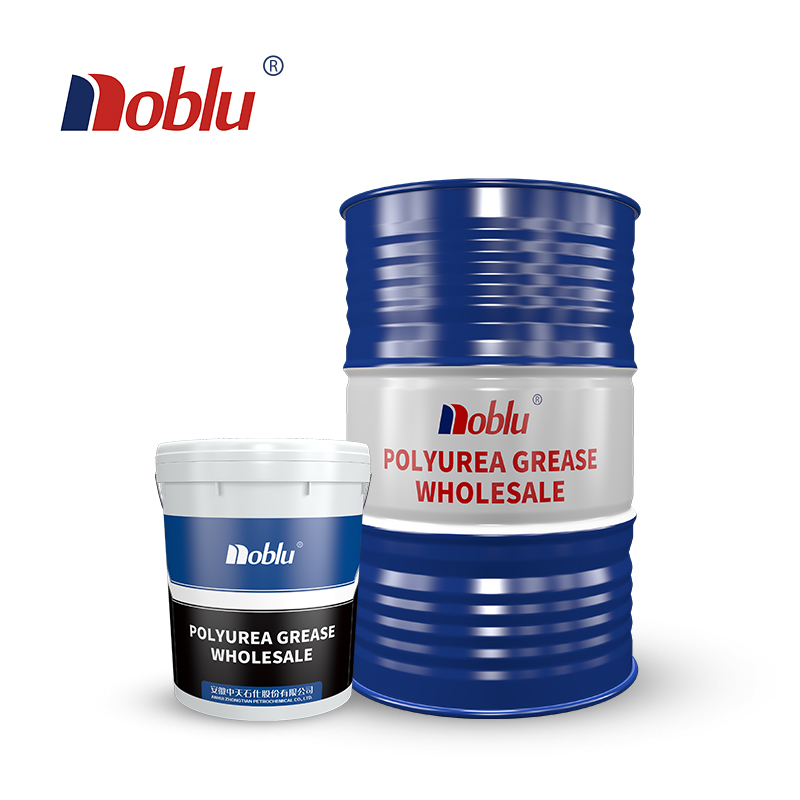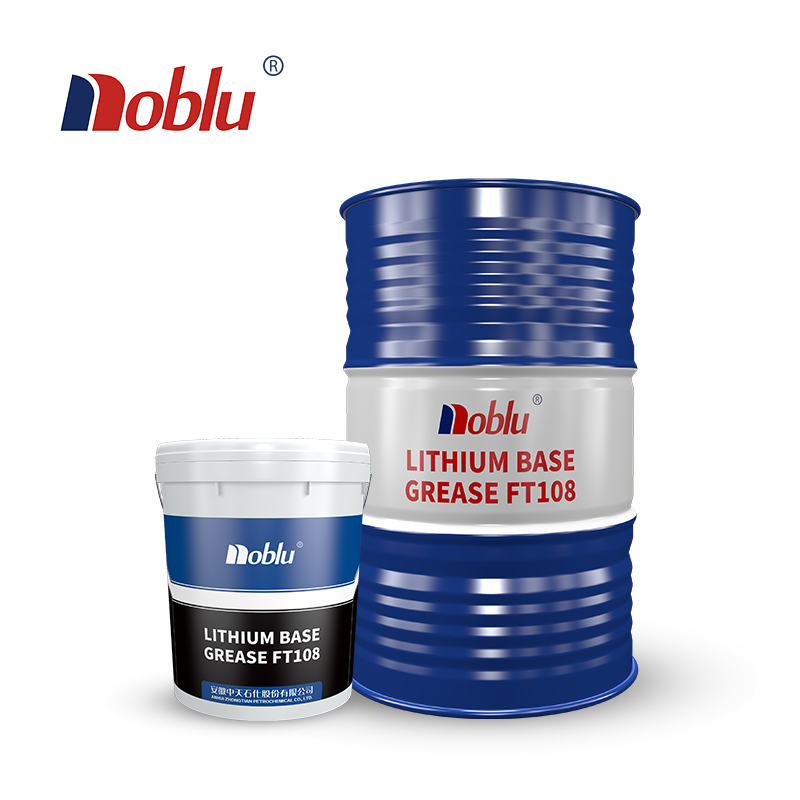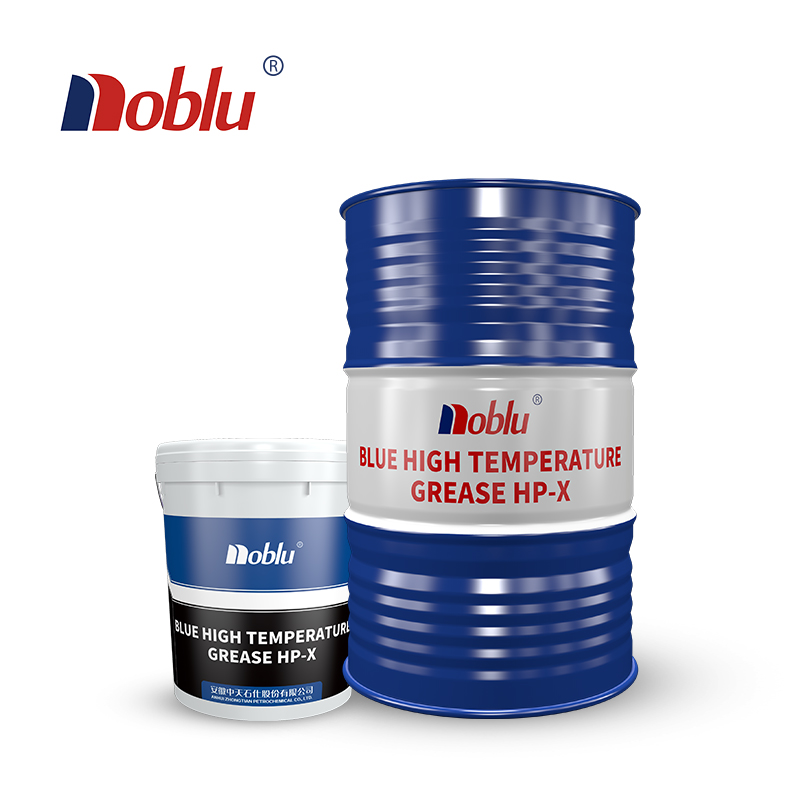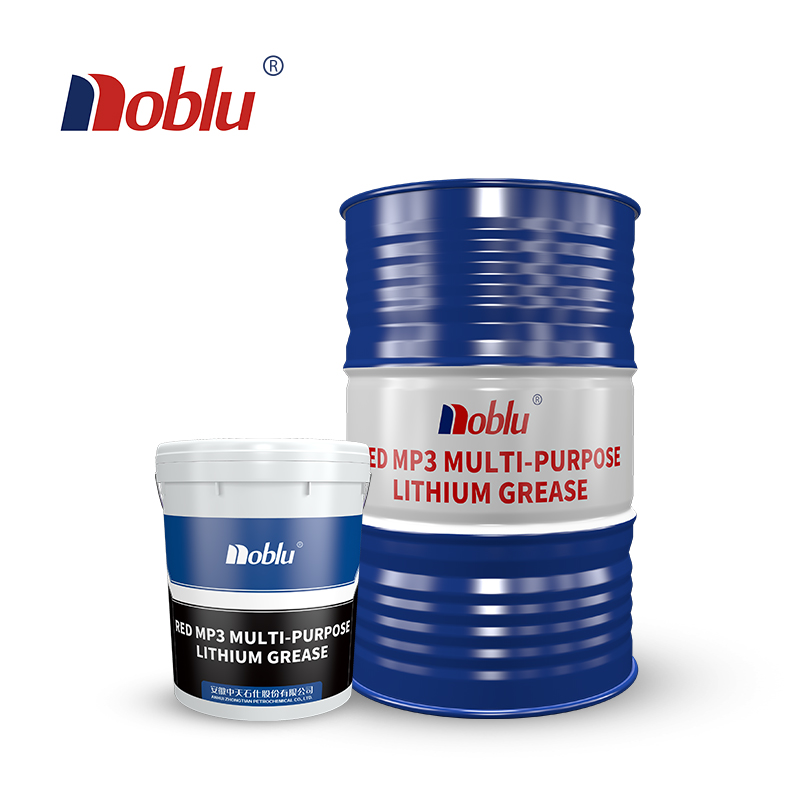Synthetic lubricants offer numerous advantages over conventional lubricants, making them the preferred choice for high-performance applications, especially in grease manufacturing and heavy-duty machinery.
- Performance Stability
- High-Temperature Stability: Synthetic lubricants, including best heavy-duty wheel bearing grease, offer superior thermal stability and oxidation resistance. For instance, synthetic oils can withstand temperatures up to 500°F (260°C) without breaking down, while conventional oils begin to degrade around 300°F (150°C). This ensures that synthetic lubricants maintain their protective properties under high heat, pressure, and harsh working conditions.
- Low-Temperature Fluidity: Synthetic lubricants flow more easily at lower temperatures, with pour points as low as -60°F (-51°C), compared to conventional oils, which may become too thick at -20°F (-29°C). This reduces friction and wear during startup, which is critical for vehicles or machinery operating in cold climates.
- Viscosity Characteristics
- High Viscosity Index: Synthetic lubricants typically have a viscosity index (VI) of 150 or higher, meaning their viscosity changes less with temperature. This results in more consistent performance across a wide range of operating conditions. Conventional oils, on the other hand, have a lower VI (around 90-120), making them less stable at varying temperatures.
- Stable Viscosity: Synthetic lubricants can maintain their viscosity for longer periods even at high temperatures, reducing evaporation rates by up to 50%. This extends the life of the engine and reduces the frequency of oil changes.
- Engine Protection
- Anti-Wear: Synthetic lubricants form a durable protective film that reduces metal-to-metal contact and wear, resulting in up to 40% less engine wear compared to conventional oils. This leads to extended engine life and improved overall performance.
- Cleanliness: Synthetic oils have superior detergency properties, helping to keep engines clean by preventing sludge build-up and circulating carbon deposits more effectively. This is essential for reducing maintenance costs and maintaining optimal engine performance.
- Fuel Economy
- Improved Fuel Efficiency: By reducing friction more effectively than conventional oils, synthetic lubricants can improve fuel efficiency by up to 2-6%, depending on the application. This reduces operating costs, especially in commercial and heavy-duty vehicles.
- Environmental Protection
- Reduced Emissions: Synthetic lubricants are more environmentally friendly, contributing to a reduction in engine emissions by up to 30%. They contain fewer impurities and have a more consistent formulation, helping to lower the environmental impact.
- Oil Change Cycle
- Longer Oil Change Intervals: Synthetic lubricants typically last 2-3 times longer than conventional oils. While conventional oils may require a change every 3,000-5,000 miles (4,800-8,000 km), synthetic oils can last up to 15,000 miles (24,000 km) or more, reducing maintenance costs and downtime.

Lithium grease vs Polyurea:
When comparing synthetic lubricants like lithium grease with polyurea-based alternatives, lithium-based greases generally offer better high-pressure and high-temperature stability. Lithium greases can withstand pressures up to 2,000 psi (1379 bar) and temperatures as high as 250°C (482°F), making them ideal for demanding heavy-duty applications, while polyurea greases are more suitable for lower-temperature and lighter-duty operations.
Overall, synthetic lubricants, including advanced formulations like best heavy-duty wheel bearing grease, outperform conventional lubricants in performance stability, viscosity characteristics, engine protection, fuel economy, environmental impact, and oil change intervals. These benefits make them the optimal choice for industries requiring superior lubrication under extreme conditions, such as in grease manufacturers or heavy-duty machinery.

